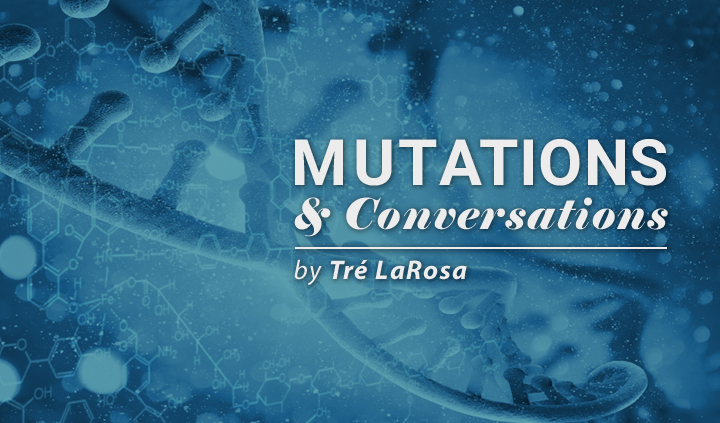We Must Build a Diverse Coalition Within the CF Community
Written by |

I learned long ago not to expect everyone to agree with me. I also realized that disagreement isn’t inherently wrong. From a young age, I was told that I should become a lawyer because I’ve always loved to engage in discussions. In retrospect, those comments might not have been complimentary, but this young debater has grown in recent years and morphed into someone else entirely.
The cystic fibrosis (CF) community — much like the disease itself — is a spectrum. Clinical manifestations of the disease vary widely across the community, and our opinions on many issues differ, too. Some will disagree about how we should leverage our disease in our daily lives and through our advocacy efforts. I’ve always been open about CF, and I continue to push for transparency. I believe that the more open we are, the more we can normalize the disease and our everyday challenges. And I know that this applies to other rare diseases, too.
However, some people don’t want to disclose their disease for various reasons: They feel uncomfortable and fear that others will judge them for it or worry that revealing their condition might affect their employment or insurance status. Or they don’t want CF to be linked to their identity. Each person’s reason for keeping quiet about CF is valid. We should believe that each person has the right to decide if and when they reveal their disease status, and we must offer them the space to do that. After all, a movement requires solidarity.
Solidarity within a movement doesn’t mean unequivocal agreement; it merely signifies assent around a shared goal. We won’t always concur on the best path to our shared goal. Disagreement is the cog that drives change. Some may even argue about the purpose of our “movement.” I’d assert that the goal — or hope — of anybody with CF is to have a world free from cystic fibrosis and no more tragic deaths of young people. A cure is one pathway to this goal. Some may argue that discouraging carriers and people with CF from continuing their lineage is a way to prevent the perpetuation of the broken protein. But, of course, differing opinions will inevitably emerge on these approaches.
If we’re not careful, disagreement can fracture a movement and deliver a blow to solidarity. Some people within a movement might be willing to compromise their values or goals if it leads to a small step forward, rather than wait while pushing harder. But we must be wary about concessions to our movement that harm other rare disease communities. Because even if our goal is to eliminate cystic fibrosis, we are part of a broader movement of people with rare diseases.
As beneficial as disagreement can be, it’s on us to ensure that we don’t let it divide us and limit our possible influence. I want to emphasize: Solidarity does not imply 100 percent agreement at all times. Solidarity is when we agree on a shared goal and we’re willing to hear people out even when they disagree with us, and give them a good-faith opportunity to enlighten us. Solidarity is when they offer us that in return. We must be open to compromises — that’s what solidarity is.
I believe that we’re barreling toward a brighter future for people with CF. I want our community to remain united in this effort and welcome everyone who is committed to this goal to our cause. And as we make the world better for people with CF, I hope that we’re considerate of our pals with other rare diseases and mindful that we are all a part of a solidarity movement of people with disabilities.
Let’s continue to change the world together. The future is bright.
Follow along with my other writings on my humbly named site, www.trelarosa.com.
***
Note: Cystic Fibrosis News Today is strictly a news and information website about the disease. It does not provide medical advice, diagnosis, or treatment. This content is not intended to be a substitute for professional medical advice, diagnosis, or treatment. Always seek the advice of your physician or other qualified health provider with any questions you may have regarding a medical condition. Never disregard professional medical advice or delay in seeking it because of something you have read on this website. The opinions expressed in this column are not those of Cystic Fibrosis News Today, or its parent company, Bionews Services, and are intended to spark discussion about issues pertaining to cystic fibrosis.







Leave a comment
Fill in the required fields to post. Your email address will not be published.